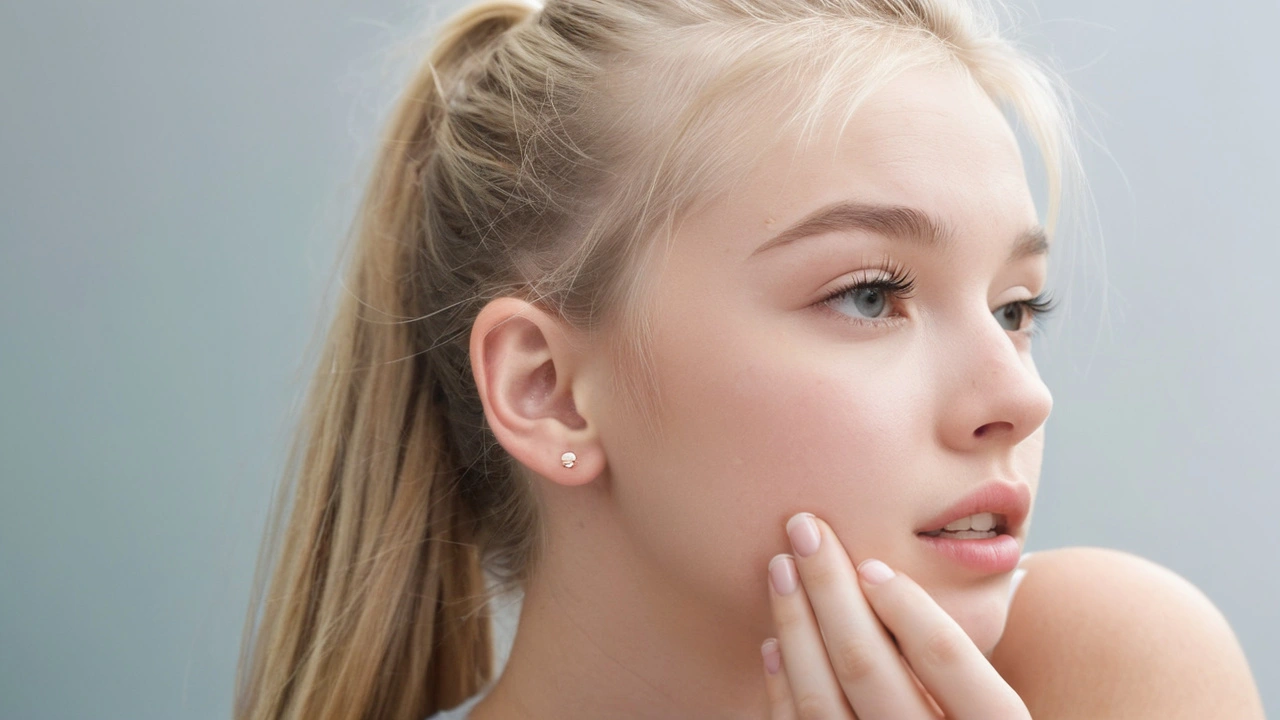Adolescent Acne Treatment: Clear and Simple Solutions for Teens
Acne is a common challenge for many teenagers, but it doesn’t have to control their confidence or daily routine. If you're dealing with adolescent acne, it's helpful to know that there are tried-and-true treatments that work. From simple skin care steps to over-the-counter medications, understanding what works best can make a real difference.
First off, keeping your skin clean without over-washing is key. Washing your face gently twice a day with a mild cleanser helps remove excess oil and dirt without irritating the skin. Avoid scrubbing hard, though, as this can worsen acne by damaging the protective skin barrier.
Choosing the Right Over-the-Counter Treatments
Many teens find success using OTC creams and gels containing ingredients like benzoyl peroxide or salicylic acid. Benzoyl peroxide kills acne-causing bacteria and helps reduce inflammation, while salicylic acid gently exfoliates to prevent clogged pores. Start with lower concentrations to see how your skin reacts, because these products can sometimes cause dryness or redness.
Don't forget that consistency matters. Using acne treatments regularly over several weeks is necessary to see improvements. If a product causes intense irritation, pause usage and switch to something milder or consult a healthcare professional.
Additional Tips for Managing Teen Acne
Lifestyle choices matter too. Eating a balanced diet with fewer sugary and greasy foods may help some people, though research shows diet affects acne differently for each person. Avoid touching your face often, and keep hair clean and away from the face to lower the chance of pore-clogging oils transferring to your skin.
For tougher acne cases, seeing a dermatologist is a smart step. They can recommend prescription medications or treatments tailored to the specific severity and type of acne. Early action can prevent scarring and make managing acne easier in the long run.
Remember, clear skin takes time, and patience goes a long way. With the right approach, most adolescents can reduce acne and feel good about their skin again.
